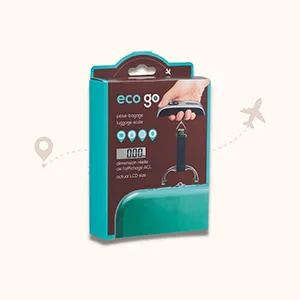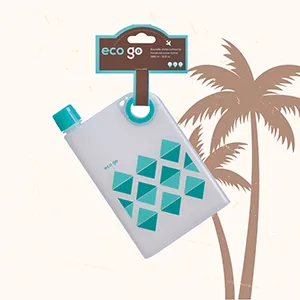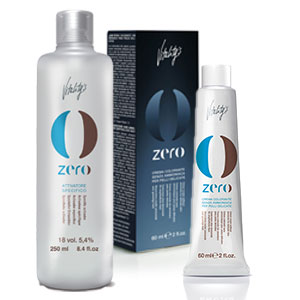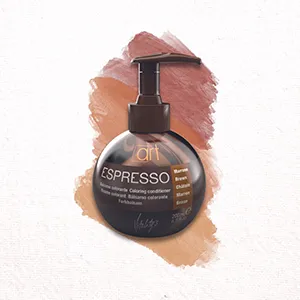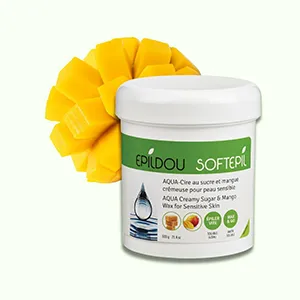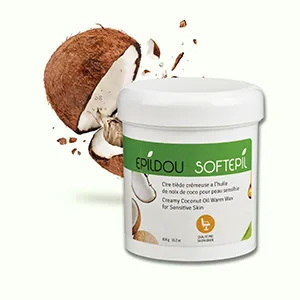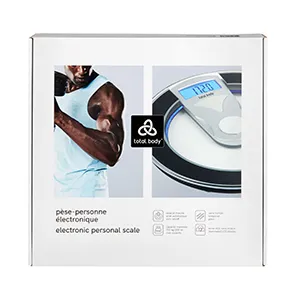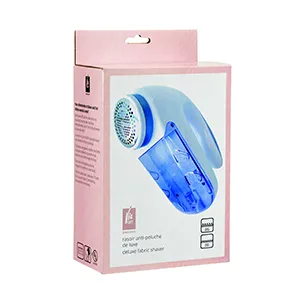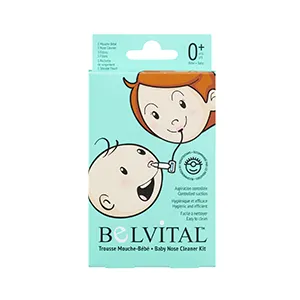April 6, 2021 A Guide For A Sustainable Houseplant Collection
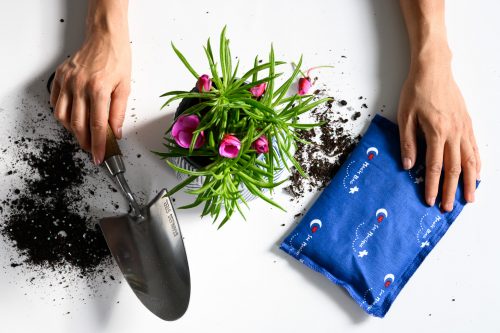
Are you feeling the houseplant LOVE these days? From the trendy monstera, to snake plants, to succulents, it’s safe to say house plants are having a moment. House plants can turn even the most boring, basic apartment into a lush, urban oasis!
Not only can they take your space from drab to fab, house plants also offer numerous health benefits, too. Freshen up your place with some plants and you’ll experience better air quality, less dry skin, lowered fatigue, better focus and even a boost to your MOOD!
But hold on for a sec before you rush out to give your apartment a total Pinterest-worthy plant makeover. As a plant lover, we’re guessing you have a big heart for mother nature, too! Follow this guide to make sure you start and grow your houseplant collection in the most sustainable way possible.
Less plant miles, more plant swaps

You know all those trendy plants we just talked about?
They’re totally cool, right?
But what’s LESS cool is the fact that a lot of these plants are shipped from all over the world.
To lower your carbon footprint, we recommend learning how to propagate plants, and then doing swaps with your friends, family and community (while maintaining social distancing rules, of course!)! Plant propagation is the process from which you can use seeds, cuttings, and other plant parts in order to grow new plants.
And another sweet bonus? This method of plant collection will save you some serious coin – WHILE saving our big blue in the process!
The plastic pot problem
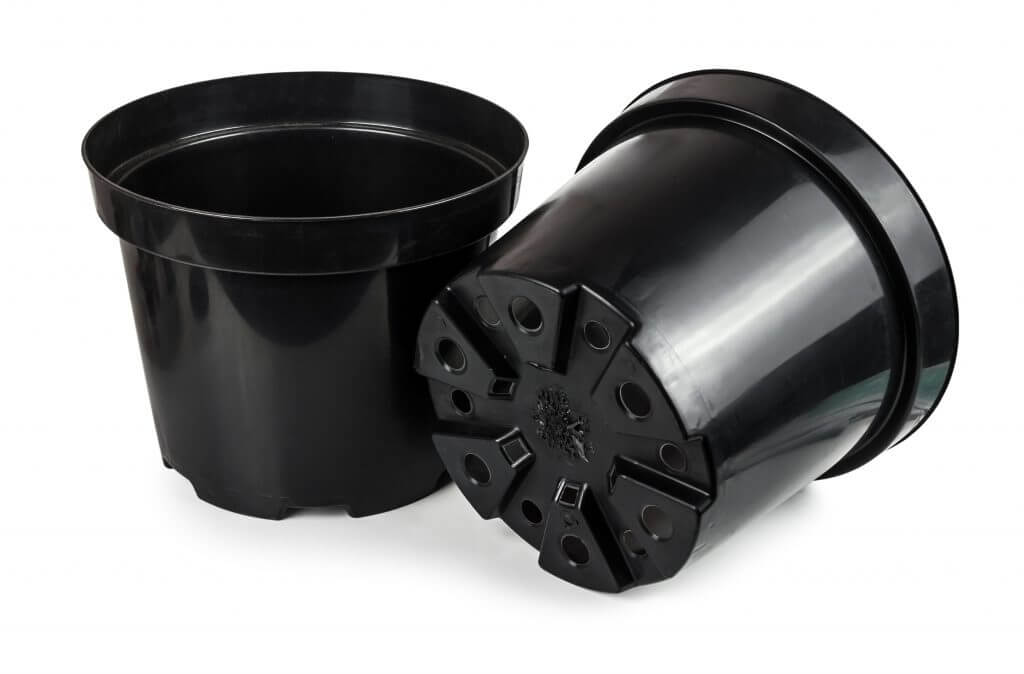
Many people think plastic pots can be recycled, so what’s the big deal, right?
Wrong! Plastic pots are usually NOT suitable for recycling. Often they are considered contaminated, meaning they can’t be collected. Additionally, since black plastic absorbs light, it can’t be sorted and goes straight through the system and off to landfill!
If you’ve bought plants in plastic pots, don’t toss them in the bin. You can reuse them for propagating new plants, use them when plant swapping, or donate them to community gardens or centers.
Even better? Try switching to taupe pots and/or biodegradable pots.
Avoid peat moss
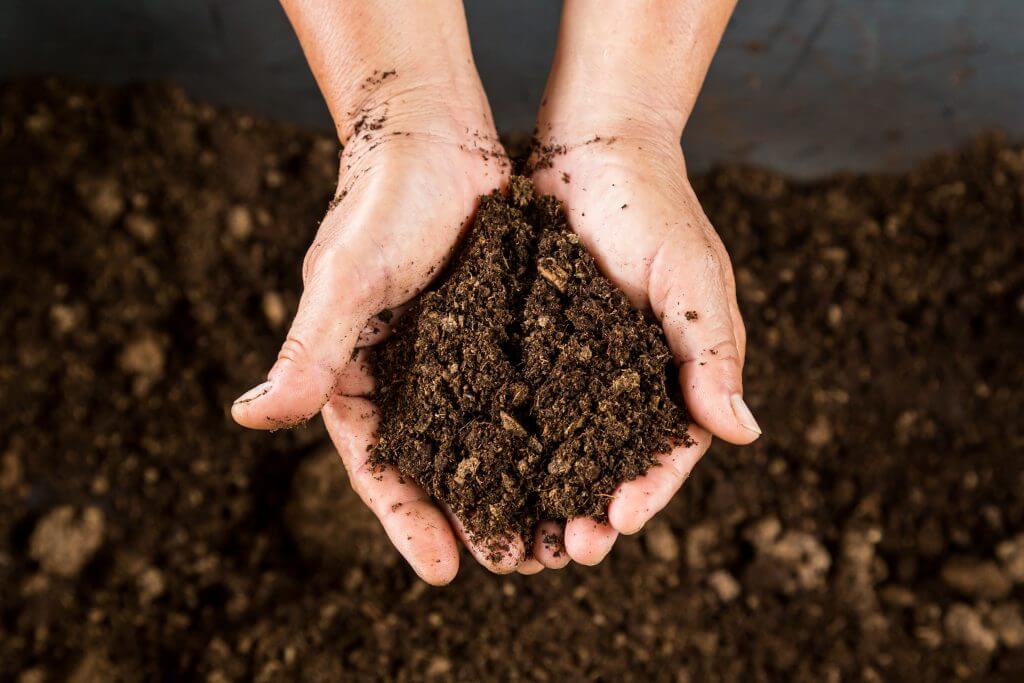
While peat moss has commonly been used and can be a great helper for your plant friends, it takes thousands of years to grow. It’s a valuable resource in and of itself as well as for purifying water flowing through it. The continued high production of peat moss is taking a serious toll on our ecosystem. By continuing on at this rate, the supply will soon be depleted given the slow regeneration rate.
So, what are some more sustainable alternatives you can use to nurture that gorgeous plant collection of yours? Glad you asked!
Compost and leaf mould, for instance, can both be made in your own backyard. Or there’s sawdust, shredded bark or wood chips — all renewable resources.
You can also use organic soil mixed with compost and feed your plants with an organic seaweed-based fertilizer or a weak solution of fish emulsion.
Wanna learn more about becoming a composting pro? Check out our comprehensive guide to composting.
BONUS TIP: Use plants to freshen up your work from home space
You know how we talked about all those AMAZING houseplant benefits earlier on? Well, you can actually curate your plant collection to give you a whole host of awesome improvements!
Especially with the pandemic, and many of us working from home, it’s easy to get demotivated in the same four walls all day long. You might find your energy lagging or just not feeling as inspired as you used to. You can use house plants to bring new life into your WFH space!
Here are a few of our favourite options:
English Ivy
Helps to boost oxygen levels.

Bamboo
Helps rid the air of toxins like benzene.
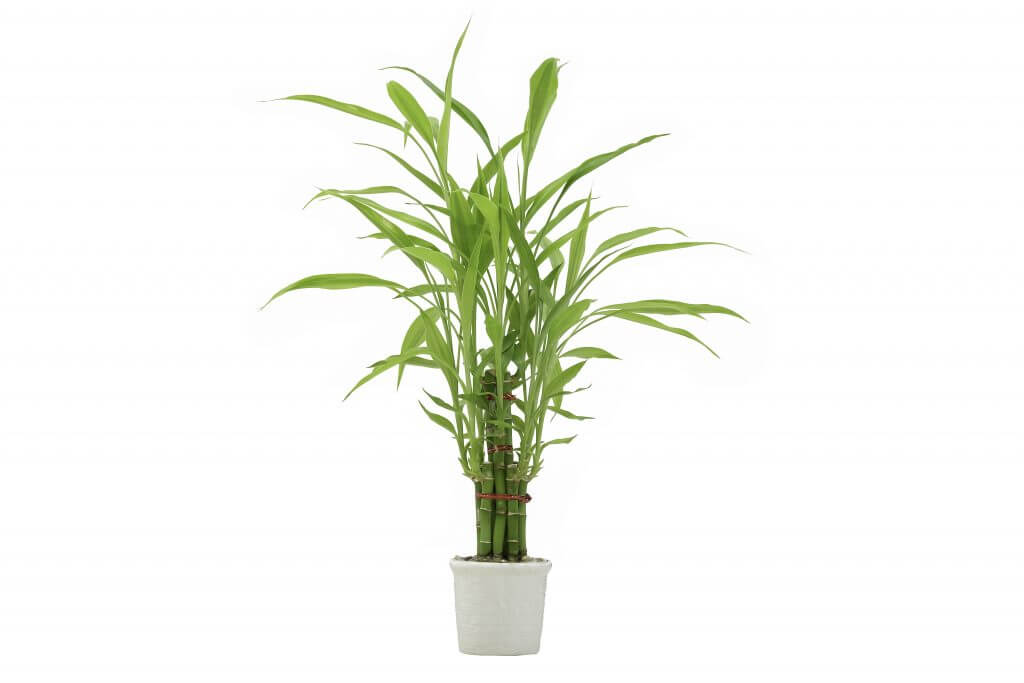
Ferns
Removes unpleasant odors in the home, like chemical pollutants in carpets or paints.
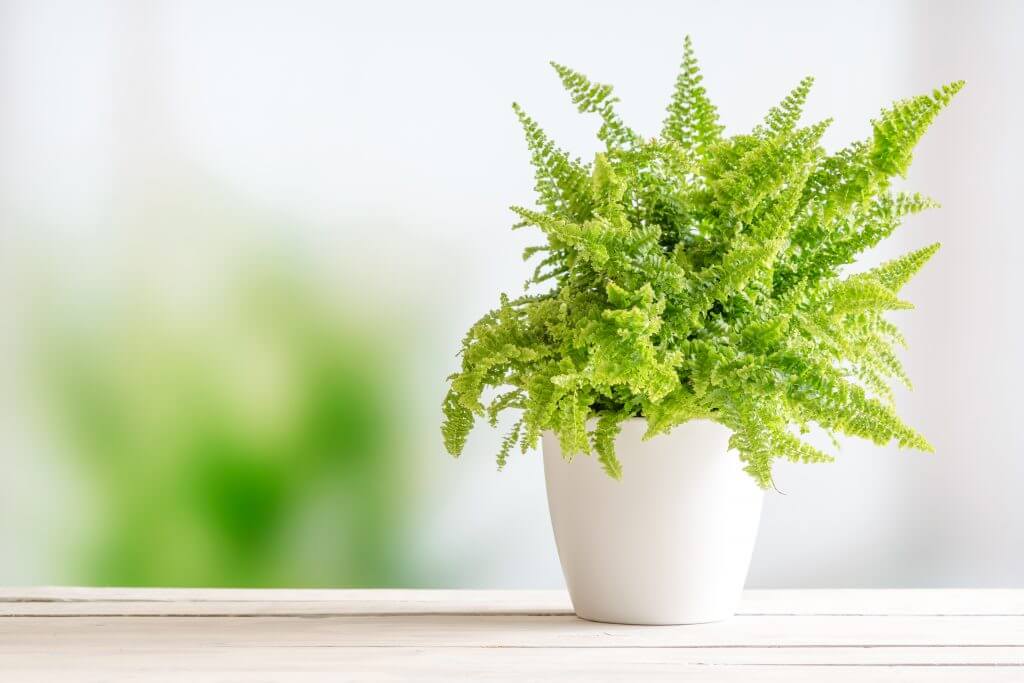
These plants can almost act like your mini air purifier! With the amount of toxins we’re exposed to in our everyday life, plants can help neutralize the harmful effects and have you breathing in fresher air in no time.
We hope this guide inspired you to jazz up your houseplant collection in the most sustainable way possible! While we’re totally here for the houseplant trend, it’s important to bring intentionality into our consumption habits to keep this planet a healthier place for all.







